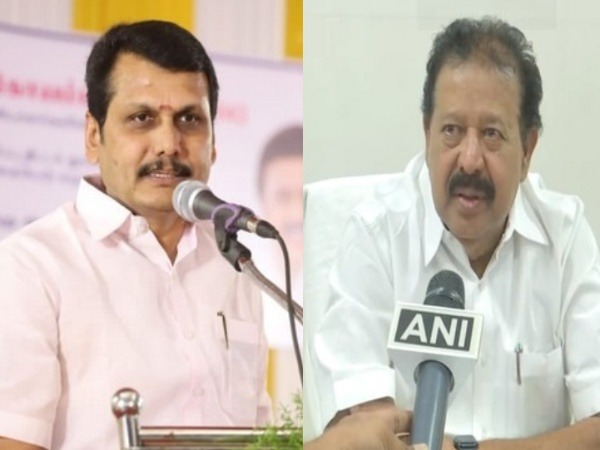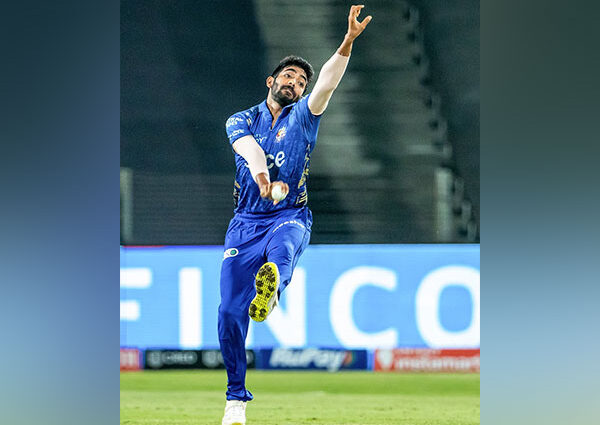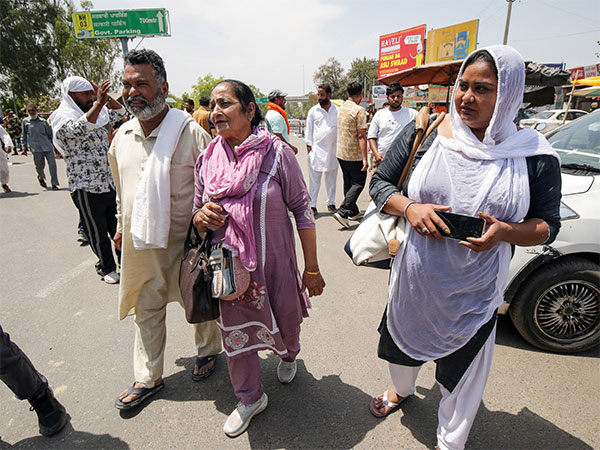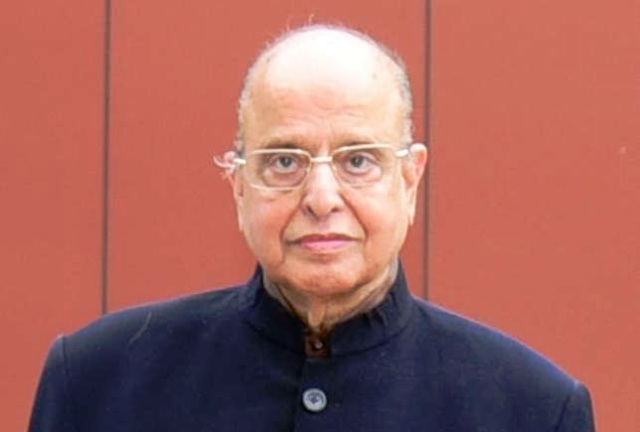Jasprit Bumrah has made history by becoming the highest wicket-taker for Mumbai Indians (MI) in the Indian Premier League (IPL). The Indian pace spearhead achieved the milestone during MI’s match against the Lucknow Super Giants (LSG), where he produced a brilliant spell of 4/22 to guide his team to a crucial victory.
Bumrah, who has now played 139 matches for the franchise, has taken 174 wickets, surpassing the previous record held by Sri Lankan great Lasith Malinga, who had 170 wickets for the Mumbai Indians. Bumrah’s best figures for the team remain an impressive 5/10, underlining his consistent dominance with the ball over the years.
Following him on the list are Harbhajan Singh with 127 wickets, Mitchell McClenaghan with 71 wickets, Kieron Pollard with 69 wickets, and Hardik Pandya with 65 wickets.
Bumrah’s four-wicket haul not only helped him achieve the personal milestone but also powered Mumbai Indians to their sixth win of the season. It was also their fifth consecutive victory, as the team gathers momentum heading into the final stages of the tournament.
Coming to the match, a brilliant performance from Trent Boult, who scalped three wickets, powered the Mumbai side to a commanding win in the ongoing Indian Premier League by 55 runs against the Super Giants. At the moment, they are at the second position in the IPL 2025 points table.
Chasing a target of 216, LSG began their innings with Mitchell Marsh and Aiden Markram. In the third over, MI’s veteran bowler, Bumrah, dismissed Markram for just 9, surpassing the record of MI’s bowling coach Lasith Malinga (170 wickets) to become the highest wicket-taker for MI with 174 wickets.
Nicholas Pooran joined Marsh at the crease, and Pooran aggressively took on Deepak Chahar in the final over of the power-play, hitting him for three sixes. LSG finished their power-play on 60/1, with Pooran at 27* and Marsh at 21*.
Will Jacks made an impact in his first over, removing Pooran for 27 and LSG captain Rishabh Pant for just 4. Ayush Badoni then joined Marsh at the crease. Badoni took on Karan Sharma in the 10th over, smashing him for two consecutive sixes, and LSG brought up their 100 in the same over.
On IPL debut for MI, Corbin Bosch bowled a brilliant first over, giving away only six runs, while Boult dismissed Marsh for 34 (24), including three fours and two sixes, in the 12th over.
Impact substitute David Miller joined Badoni at the crease, with LSG needing 93 runs off 42 balls. However, Boult got rid of Badoni for 35 (22), including two fours and two sixes, in the 15th over.
Bumrah took three wickets in the 16th over, dismissing Miller for 24 (16), Abdul Samad for 2, and Avesh Khan for a duck. LSG now required 74 runs off the last four overs.
Bumrah finished with four wickets in his four overs, giving away just 22 runs. Corbin Bosch cleaned up Ravi Bishnoi for 13 (14) in the 19th over, and Boult removed Digvesh Rathi in the final over. LSG were all out for 161, falling short by 55 runs.
Apart from Bumrah and Boult, Will Jacks (2/18) and Corbin Bosch (1/26) contributed with the ball.
Earlier, MI posted a total of 215/7 in 20 overs, thanks to impactful fifties from Ryan Rickelton (58) and Suryakumar Yadav (54). LSG captain Rishabh Pant won the toss and opted to bowl first.
Rohit Sharma and Rickelton opened for MI. Rohit started aggressively, hitting two sixes off Mayank Yadav. However, Mayank struck back, dismissing Rohit for 14 off a slower delivery, caught at short third man.
Rickelton took charge, blasting 49 runs off 24 balls inside the power-play, as MI reached 66/1 in the first six overs. He and Will Jacks (29 off 21) put together a 50-run partnership. However, Digvesh Rathi dismissed Rickelton for 58 off 32 balls, which included six fours and four sixes.
Suryakumar Yadav joined Jacks, and MI crossed 100 in the 10th over. Yadav played an explosive knock, making 54 off 28 balls, including four fours and four sixes, before being dismissed in the 18th over by Avesh Khan.
Naman Dhir (25* off 11) and Corbin Bosch (20 off 10) finished off the innings strongly in the final overs. Dhir and Bosch smacked 19 runs off the 19th over, which included two sixes and a four. Avesh Khan dismissed Bosch in the final over, and MI ended their innings at 215/7.
For LSG, Mayank Yadav (2/40) was the standout bowler, while Avesh Khan also took 2/42. Rathi, Bishnoi, and Prince Yadav took one wicket each.
The Mumbai-based franchise will next face the Rajasthan Royals on Thursday at the Sawai Mansingh Stadium in Jaipur. (ANI)









